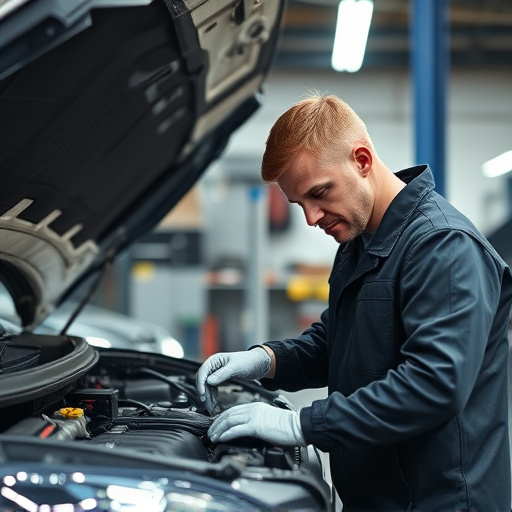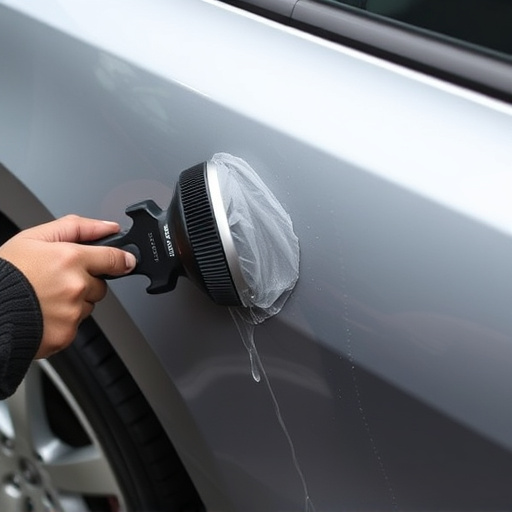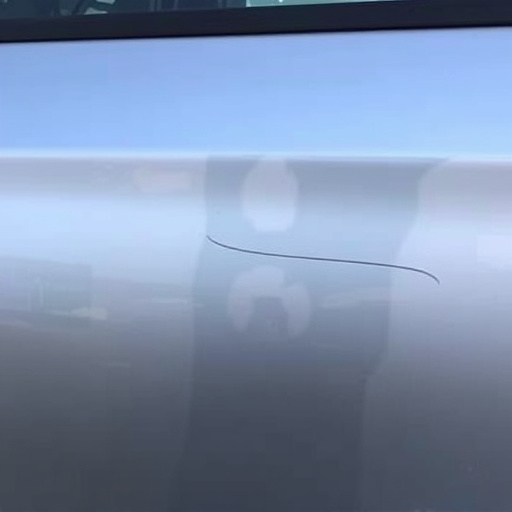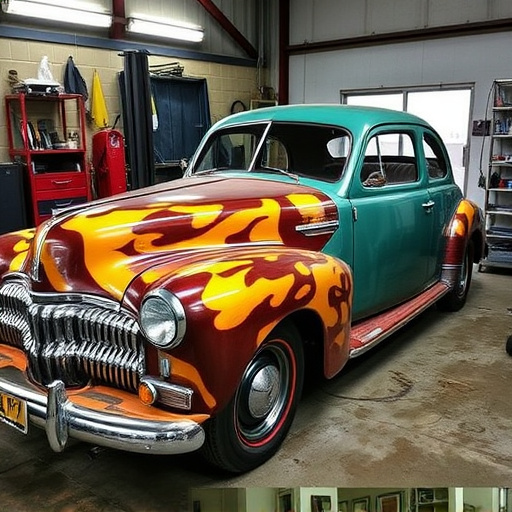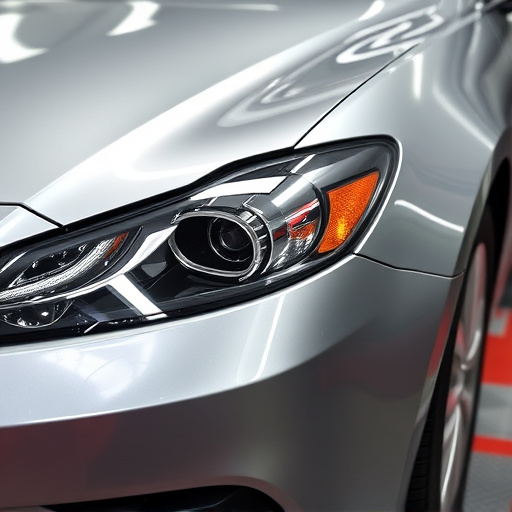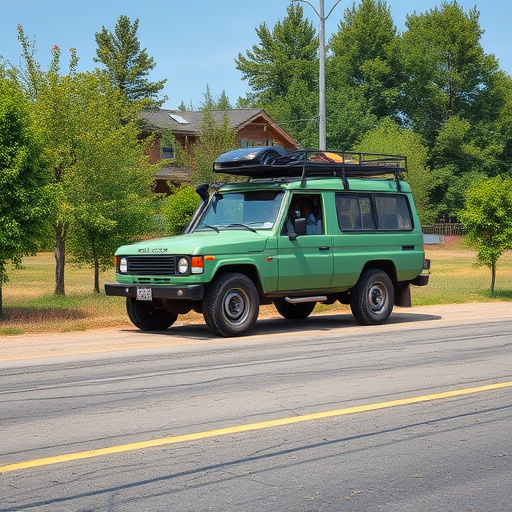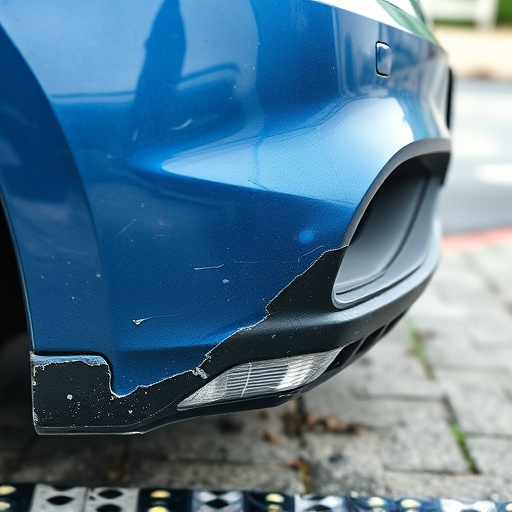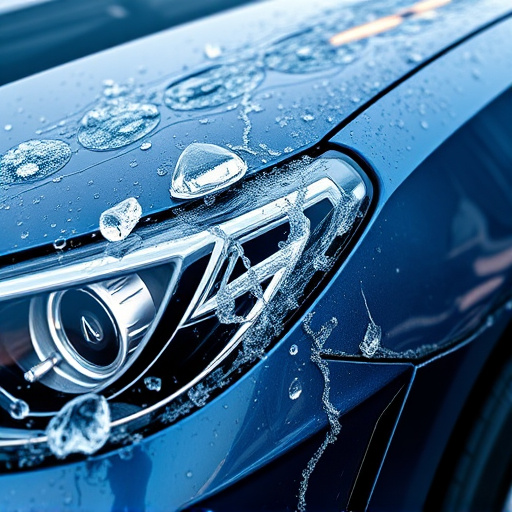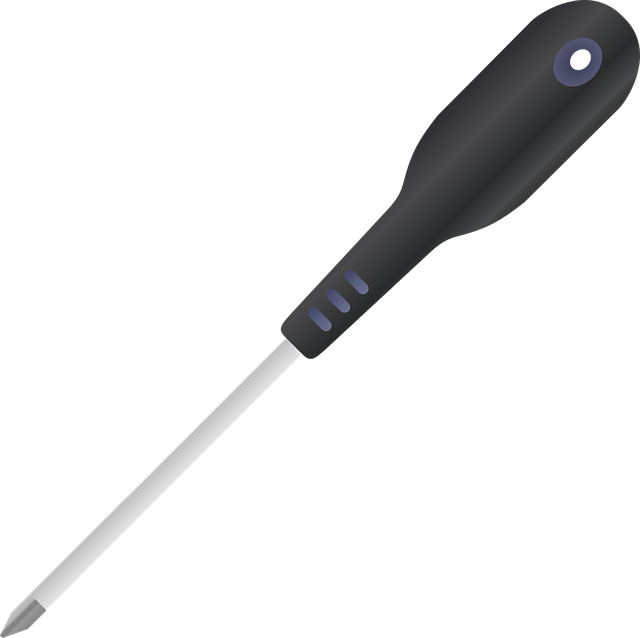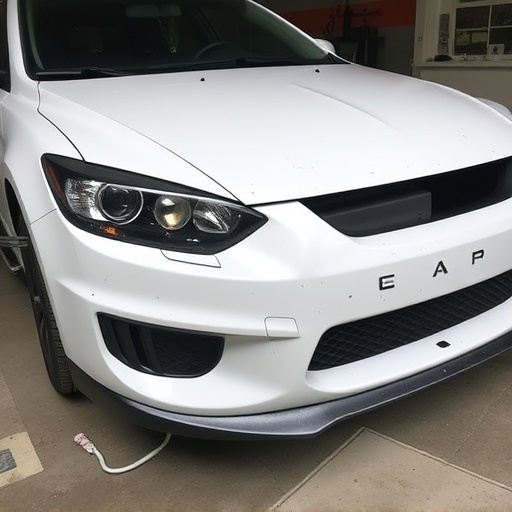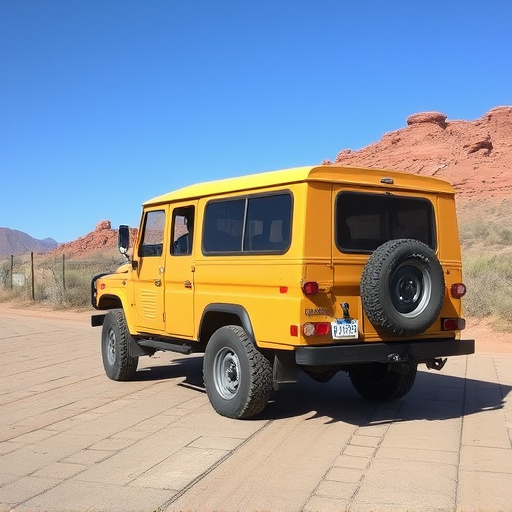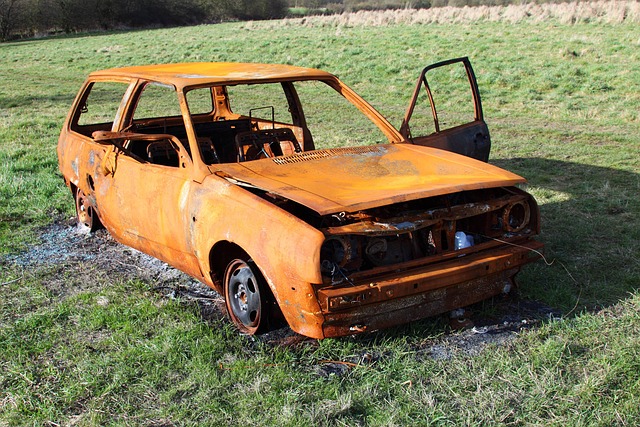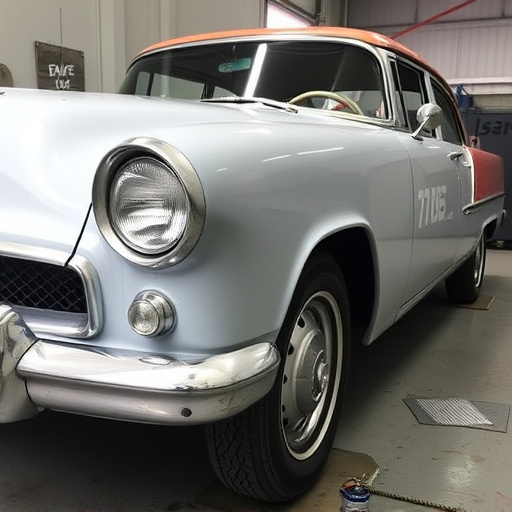Tesla's Collision Repair Warranty offers comprehensive coverage for structural repairs and high-quality painting after accidents, but excludes cosmetic damage and routine maintenance. Coverage varies by region, and while it provides peace of mind, independent shop guarantees may offer broader options like specialized dent repair with different terms and documentation requirements. Tesla owners should carefully review their specific policies to make informed decisions.
“When a car undergoes a collision, choosing the right repair path is crucial. This guide delves into the intricacies of Tesla’s Collision Repair Warranty and compares it with the guarantees offered by independent shops. We explore what Tesla’s warranty covers, its exclusions, duration, and how it stacks up against the benefits of selecting an independent facility. From flexibility in choice to access to diverse expertise, this article provides insights to help consumers make informed decisions for their Tesla’s collision repair needs.”
- Understanding Tesla's Collision Repair Warranty
- – What is covered under Tesla's warranty?
- – Exclusions and limitations
Understanding Tesla's Collision Repair Warranty

Tesla’s Collision Repair Warranty is designed to provide peace of mind for owners who may face unexpected car repairs after an accident. This warranty covers a wide range of collision-related damages, including fender benders, rear-end collisions, and more severe accidents that might require extensive bodywork or even vehicle restoration. In terms of what it entails, the Tesla warranty typically includes parts and labor for repair or replacement of affected components within a specific time frame or mileage limit.
One key aspect to note is that Tesla’s warranty often excludes certain types of damage, such as cosmetic issues like dents or scratches (though paintless dent repair techniques can sometimes be used). Additionally, routine maintenance items and repairs not related to collisions are usually not covered. The scope of coverage varies by region, so it’s important for owners to review their specific policy details. Understanding these limitations empowers Tesla owners to make informed decisions when considering repair options, whether opting for a manufacturer-backed warranty or choosing an independent shop with its own guarantees.
– What is covered under Tesla's warranty?
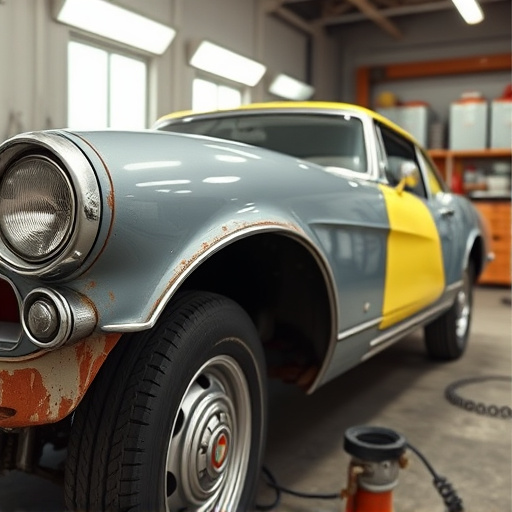
Tesla’s collision repair warranty covers a wide range of services related to vehicle damage restoration. When your Tesla incurs collision-related repairs, the warranty typically includes coverage for parts and labor required to fix issues such as crumpled sheets metal, damaged body panels, and broken lights or windows. This extends to both structural repairs like frame straightening and more cosmetic enhancements like paintless dent repair, ensuring that your vehicle not only becomes structurally sound but also retains its original aesthetic appeal.
Additionally, Tesla’s warranty often includes guarantees for specific processes such as auto body painting. This coverage assures owners that the repainting job will be performed to Tesla’s high standards, matching the vehicle’s original color precisely. Such comprehensive coverage gives Tesla owners peace of mind, knowing that their vehicles are in capable hands when it comes to collision repair, ensuring both safety and aesthetic integrity.
– Exclusions and limitations
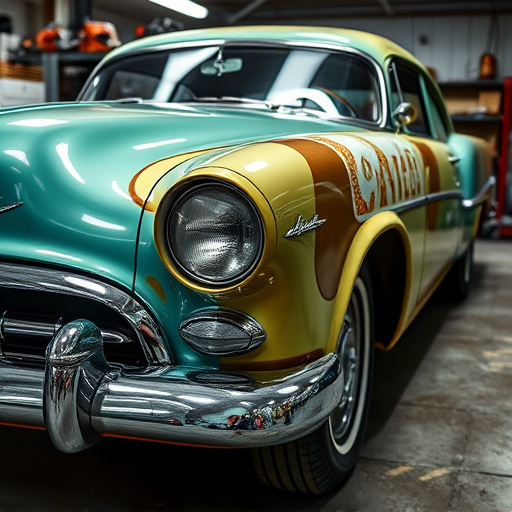
When considering Tesla collision repair warranty versus independent shop guarantees, it’s crucial to understand the exclusions and limitations involved. While both options aim to protect vehicle owners from unexpected costs, each has its own set of stipulations. The Tesla collision repair warranty typically covers pre-approved collision repairs performed by authorized service centers, excluding modifications or damages caused by neglect or misuse. Moreover, certain parts like tires, glass, and aftermarket accessories may not be covered under the manufacturer’s warranty.
In contrast, independent shops often offer broader guarantees that encompass a wider range of services, including specialized vehicle dent repair and paintless dent removal. However, these guarantees usually come with limitations on time frames, mileage, and specific types of damage. Additionally, independent shops may require more documentation and proof of previous maintenance records to validate claims, which can sometimes be a cumbersome process for automotive body shop owners and their customers.
When comparing Tesla’s collision repair warranty with independent shop guarantees, understanding the nuances of each is key. While Tesla’s warranty offers comprehensive coverage for eligible repairs, it’s important to be aware of exclusions and limitations. Independent shops, on the other hand, provide flexibility and additional guarantees that may better suit specific needs. Ultimately, choosing between them depends on personal preference, vehicle age, and the extent of required repairs. For Tesla owners, being informed allows for confident decision-making when selecting a repair option that aligns with their peace of mind and vehicle care expectations.
